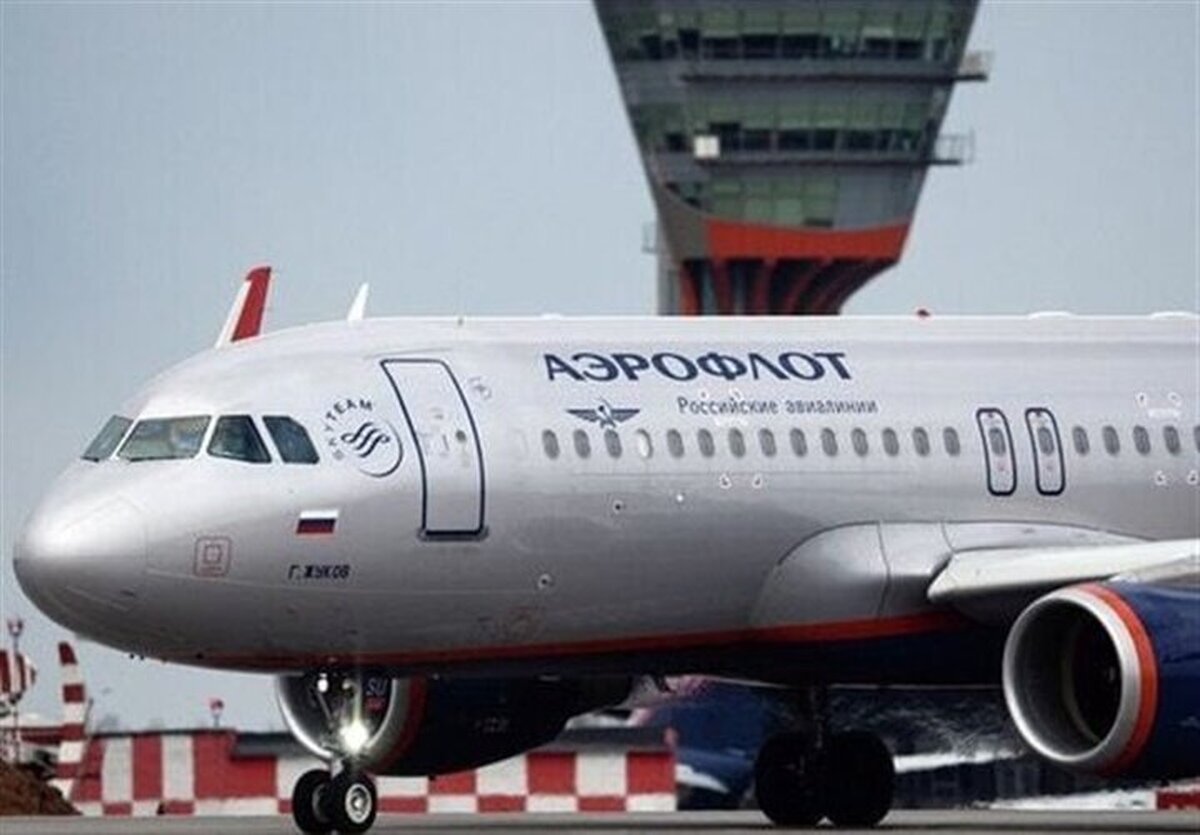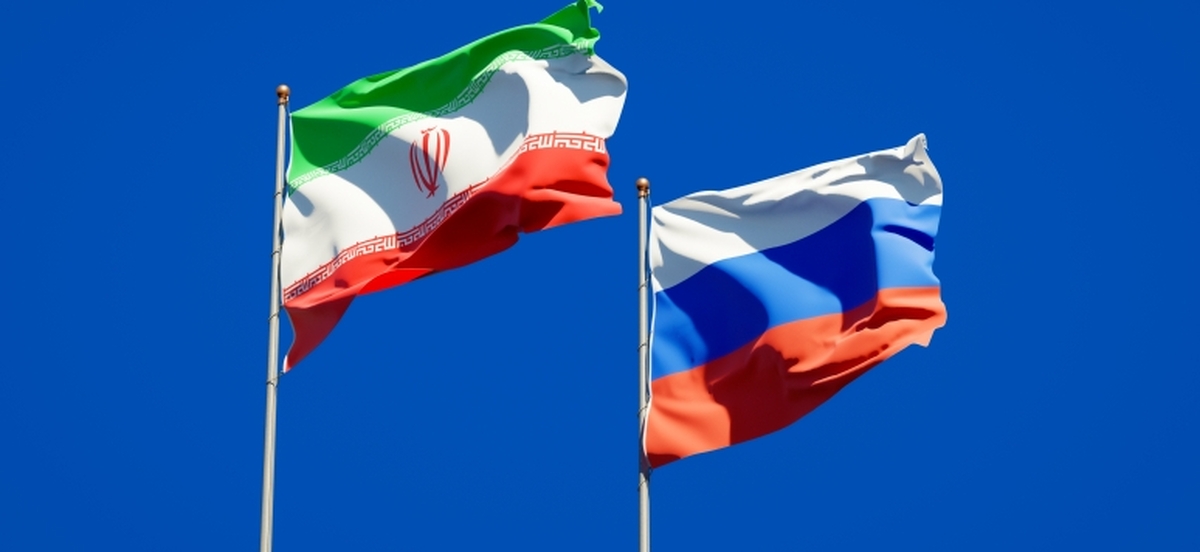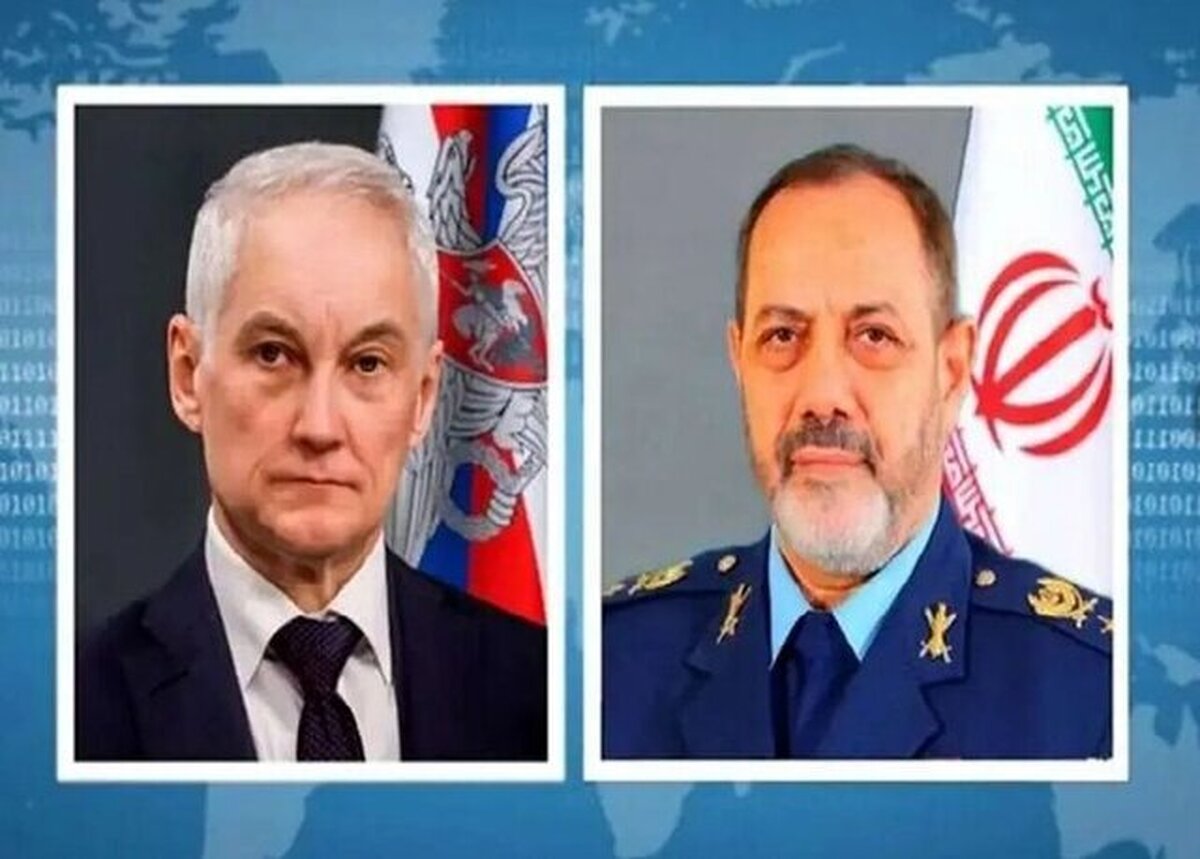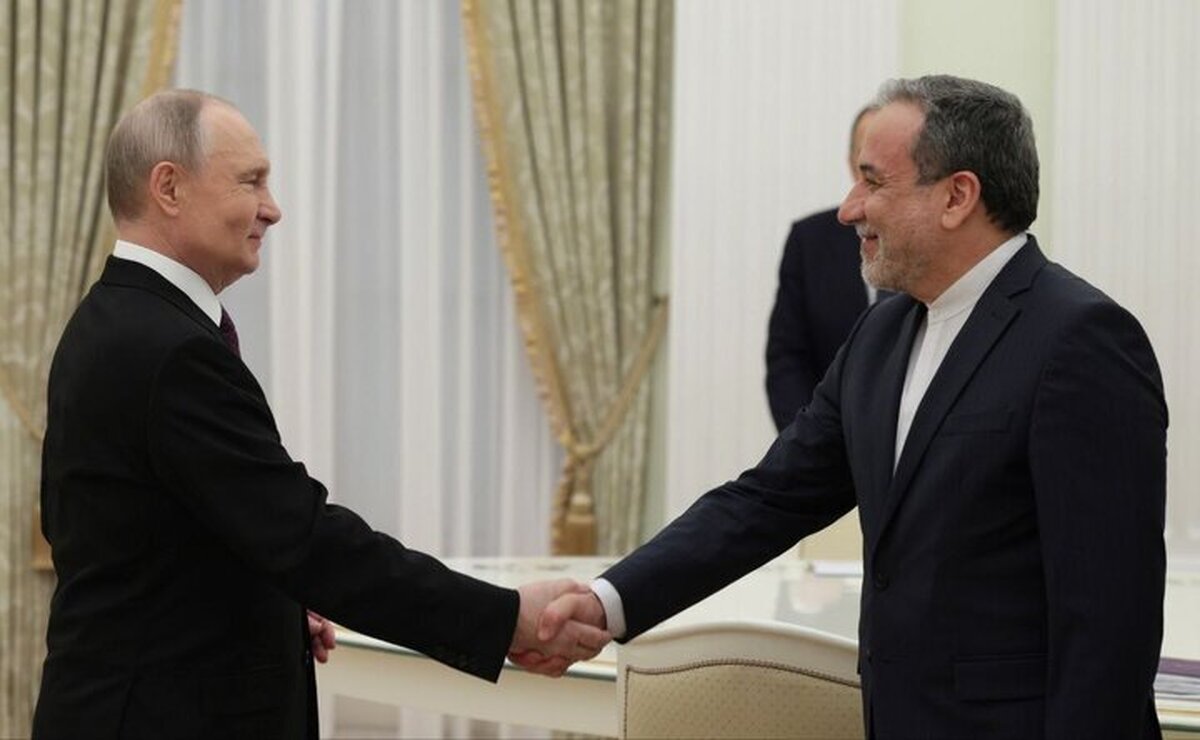
Iran-Russia agreement roadmap to boost bilateral ties

Iran’s ambassador to Moscow, Kazem Jalali, said the Iran-Russia partnership agreement is a turning point in the two countries' relations and represents a roadmap for strengthening bilateral ties in various fields.
EghtesadOnline: The ambassador wrote an article for Russian newspaper Izvestia ahead of Iranian President Masoud Pezeshkian’s visit to Russia.
What follows is the English translation of the article, published by Izvestia in Russian language on January 15:
Current global events clearly demonstrate that the world system has entered a structural transition from a unipolar order to a multipolar one: we see a complex mix of alliances and rivalries at both the bilateral and multilateral levels. These dynamics, coupled with the fact that last year saw more elections than ever before in modern history, increase the likelihood of geopolitical surprises in 2025.
The rise of major armed conflicts, trade wars, crimes against humanity, genocide, refugee and displaced persons complexities, environmental issues, economic instability, health, energy, and food problems have brought the era of “American-style globalization” to an end. Undoubtedly, this historic transformation of the geography of power, provoked by geo-economic causes, will have wide-ranging political consequences in various dimensions of the future world order.
In this international environment, Western-style multilateral institutions such as NATO, the WTO, the IMF, and the World Bank will not function effectively. In a world where geopolitical events are happening quickly, however, the countries that will succeed are those that can structure their cooperation in a way that protects them from potential harm. This could include economic, political, and defense agreements, as well as cultural, environmental, and scientific-technological areas.
Against this backdrop, the desire to establish a legal, practical, and long-term basis for future cooperation between Iran and Russia, called the Comprehensive Strategic Partnership Agreement, demonstrates the deep understanding of the elites of both countries of the complex and changing global conditions. Earlier, Tehran and Moscow signed a similar agreement on March 12, 2001 - the Treaty on the Fundamentals of Relations and Principles of Cooperation between the Islamic Republic of Iran and the Russian Federation. Today, Iran adheres to a balanced approach in its foreign policy, which is expressed in reasonable interaction with the world, especially with Asian partners, and an emphasis on the "Look East" strategy. In light of this, Tehran has gone beyond attempts to cooperate exclusively with Western countries and has made the rising East a subject of special attention and interaction. Multilateral cooperation with powers such as Russia, China, and India, as well as constructive and active engagement with new regional and international structures, including the Shanghai Cooperation Organization (SCO), BRICS, and the Eurasian Economic Union (EAEU), are important steps towards ensuring Iran’s national interests and redefining its place in the global order.
Iran, through multilateral diplomacy and cooperation with its Asian partners, has not only resisted Western repressive pressure but has also created opportunities for renewing the world order and making it more equitable. This is demonstrated by the numerous meetings between high-ranking Iranian and Russian officials last year, as well as the upcoming official visit of His Excellency the President of Iran, Dr. Masoud Pezeshkian to Moscow on January 17.
The Comprehensive Strategic Partnership Agreement between Iran and Russia will be an important step in strengthening bilateral relations. They will enter a new phase of cooperation in such areas as economy, trade, transportation, energy, as well as environmental protection, technology, and medicine. Thus, this agreement, being a turning point in Iranian-Russian relations, represents a roadmap for strengthening bilateral ties in various fields.
It is worth noting that the Comprehensive Strategic Partnership Agreement, taking into account the environmental conditions as well as the level and scale of relations between the two countries, to a certain extent complements, clarifies, and updates the previous agreement of 2001. Since both countries face common international challenges, the new agreement will have a significant impact, especially on the economy, trade, transportation, and energy.
One of the central pillars of this partnership will be the development of the international North-South transport corridor and the agreement to implement the two countries' joint plan to build the Rasht-Astara railway. This is a vital infrastructure project that will facilitate and strengthen trade between Iran, Russia, and several regional and international partners (such as India). These strategic investments in trade and transport networks demonstrate the intention of Tehran and Moscow to strengthen trade relations and ensure mutual benefit in the coming years, as well as to wisely resist Western sanctions led by the United States.
Another central issue of cooperation in the energy sector is the export of Russian gas to Iran. In the context of sanctions that limit access to Western markets, both countries are looking for alternative ways to strengthen their energy sectors, including in regional and global markets.
Along with bilateral relations, Iran's interaction with the Eurasian Economic Union has also entered a new stage. At the recent EAEU summit held in Russia on December 26, the union members decided to grant Iran observer status. This decision, along with the Iran-EAEU free trade agreement, paves the way for expanded economic cooperation between Iran and the five EAEU member states. According to Russian Deputy Prime Minister Alexey Overchuk, Moscow expects the free trade agreement to come into force in 2025.
International relations analysts believe that the strategic rivalry between the United States, China, and Russia will become the most important factor in modern international relations.
In these circumstances, the key challenge and threat to the United States will be the growing rapprochement between Iran, Russia, and China. From the perspective of the American elite, Tehran, Moscow, and Beijing can, in the medium term, combine their economic, diplomatic, military, and technological power to strategically challenge the Western-centric world order and cause a shift in the construction of an order based on multi-polarity, justice and democracy.
Currently, relations between Iran and Russia are developing on an upward trajectory. They are based on two key elements: common approaches to regional and global political phenomena, as well as security and the fight against terrorism. It is obvious that the rapprochement between Tehran and Moscow and the subsequent formation of new regional partnerships, especially with the participation of other emerging Asian powers, will contribute to strengthening multi-polarity at the global level.
This is in direct and significant contradiction with the interests and demands of the new US administration, which has introduced the slogan "America First". In other words, unilateralism and global domination have been put at the forefront. As a result, relations between Tehran and Moscow have gone beyond simple economic exchange and have grown into a comprehensive strategic partnership, reflecting the two countries' common interests in regional stability and countering Western influence. Contrary to Western media propaganda, the content of the Comprehensive Strategic Partnership Treaty between Iran and Russia is based exclusively on the development of bilateral relations, and regional and international cooperation and is not directed against any third party. The countries' desire for closer cooperation in the field of security and defense confirms their readiness to ensure security and combat terrorism at the regional and global levels.
In recent years, economic cooperation between Iran and Russia has gradually increased. The level of trade turnover has increased. The volume of trade between the two countries has increased over the past three years, especially due to the export of Iranian goods to Russia.
According to Russian statistics, the total trade turnover between Iran and Russia in 2022 amounted to a record $4.7 billion. In 2023, Iranian exports reached $1.3 billion, an increase of 15.8%. According to Russian Deputy Prime Minister Alexey Overchuk, the volume of trade between the two countries in the first nine months of 2024 increased by 14.7% compared to the same period last year, reaching $3.3 billion. Official trade figures in 2024 are expected to be between $4.5 billion and $5 billion. Thus, the 15-percent increase in trade between Iran and Russia, as well as the implementation of the Free Trade Agreement with the EAEU, indicate the expansion of economic relations between the two countries. As a result, the Comprehensive Strategic Partnership Agreement between Iran and Russia may lead to deepening economic cooperation and increasing mutual trade volume in the coming years.
In conclusion, it should be said that today, Iran, relying on its enormous capabilities and balanced, active, and constructive interaction with other emerging and independent powers of the world, has prepared all the necessary conditions for the transition to a brilliant future for the Iranian people in a multipolar and just world, while rejecting any form of hegemony or subordination. / Mehr




